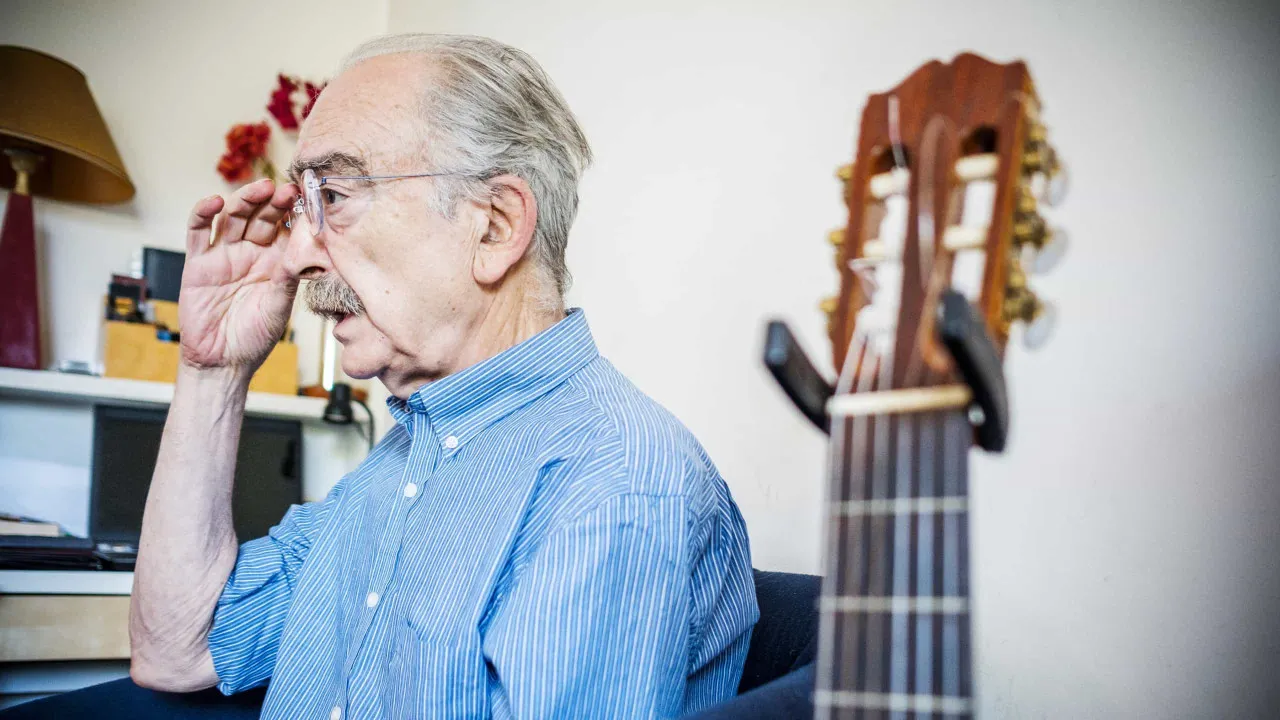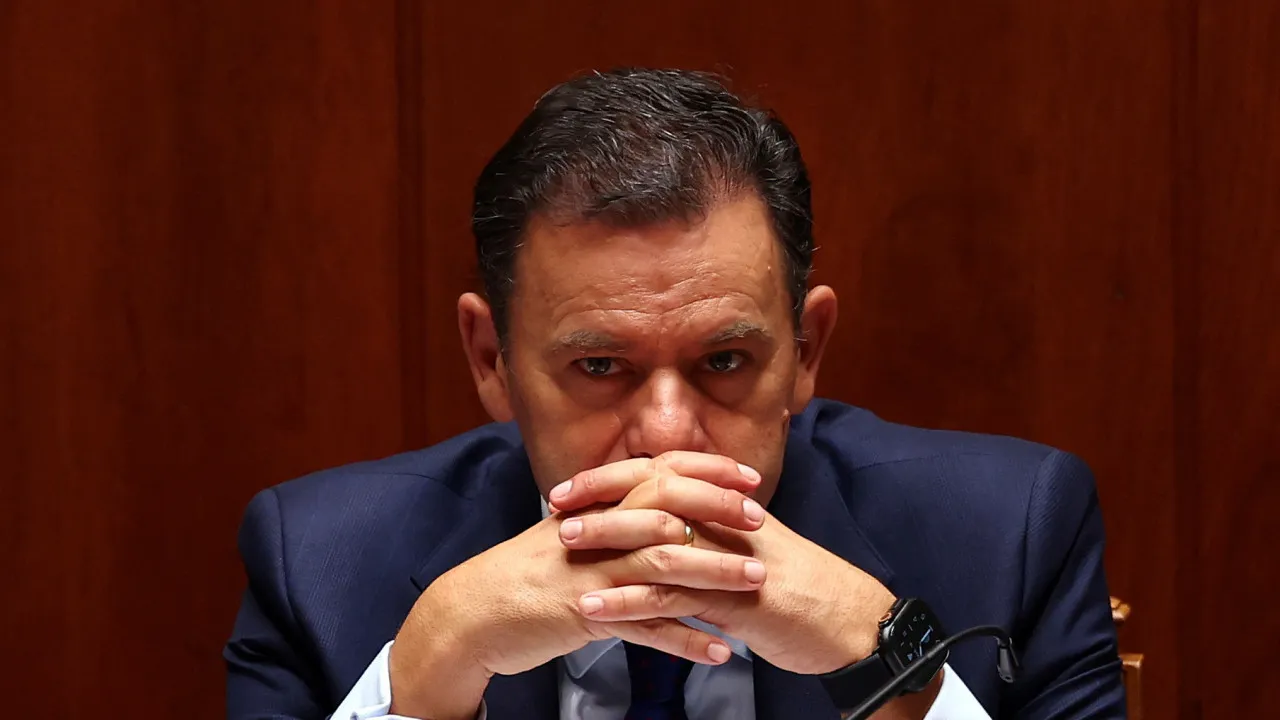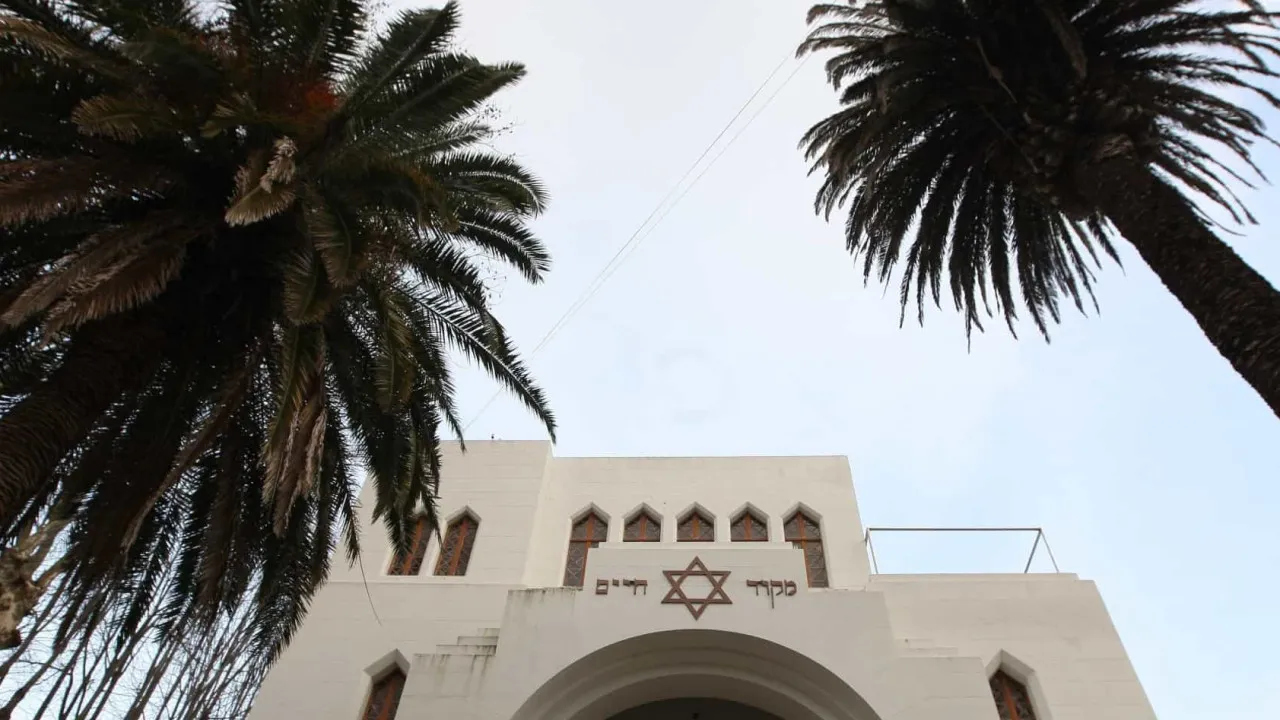
The book, organized by researchers Ricardo Andrade, Hugo Castro, and António Branco and published by Tinta da China, is released in bookstores today.
António Branco noted that in nearly all interviews, the musician and producer José Mário Branco exhibits a highly self-reflective approach to his creative processes, politics, relationships with other arts such as theater, and life events, which he narrates as the interviews unfold.
The book is arranged chronologically, beginning with an interview published in 1970 in Jornal Comércio do Funchal and concluding with one from 2019 in Notícias FCSH, allowing readers to follow the public voice of José Mário Branco over several decades.
“We found it compelling to present this sequence, mindful of its autobiographical nature. It’s as if Zé Mário is constructing his autobiography, at least in the public sphere,” Branco explained.
Branco believes that the opportunity for José Mário Branco to speak about himself, his work, his political life, and civic engagement may be particularly intriguing for all who read the book.
‘José Mário Branco — Interviews for the Press 1970-2019’ is part of a broader research project conducted by Ricardo Andrade and Hugo Castro, focusing on José Mário Branco’s artistic work throughout a career spanning over 50 years.
The “extensive collection” undertaken by the two ethnomusicologists also comprises audiovisual and audio documentation, including radio and television interviews, which were ultimately excluded from the book.
“Given the length of the press interviews, we had to choose and include only written interviews,” stated Hugo Castro.
While the 119 interviews included in the book are not all that the researchers identified, “they are nearly so.” “From that perspective, this book is quite comprehensive,” added António Branco.
The research also uncovered several texts authored by José Mário Branco published in the press, and the researchers are “absolutely committed to the idea that a book featuring these texts must be published.”
Branco mentioned, “It is entirely conceivable to envision a similar book but more focused on audiovisual content.”
The research centered on José Mário Branco’s artistic work is “a work in progress,” initiated a few years ago and still requiring time to complete the analysis of all the collected documentation.
The three researchers, who are also curators of José Mário Branco’s collection housed at the Universidade Nova de Lisboa, have published some academic and scientific works related to this research, “including an article published in the Revista Portuguesa de Musicologia primarily focused on José Mário Branco’s activities during his exile in France,” recalled Hugo Castro.
At this stage, the work remains “largely invisible,” primarily involving the digitization of the archive’s over 20,000 paper documents, remarked António Branco.
In addition to the document archive, José Mário Branco’s collection also includes “a substantial amount of digital information,” since the musician and producer “started using computers early on and preserved this information.”
Currently, there is an online database primarily containing documentation related to José Mário Branco’s musical productions, but a more comprehensive database is being developed. This new database will include these aspects and many others, as the archive’s existing documentation goes beyond music composition, record production, and performance organization.
“The aim is to provide a database accessible to everyone worldwide, enabling voluntary consultation and offering researchers access to the archive without compromising the preservation of the paper materials,” stated António Branco.
The researchers anticipate that the new database will be available soon.
Ricardo Andrade explained, “Those seeking documentation on a particular subject will be able to consult it as it is physically organized, with the structure provided by the creator himself.”
José Mário Branco organized each project into folders that encompassed other items and subfolders, and this organization is digitally mirrored.
A notable outcome of the digitization and cataloging of José Mário Branco’s archive was the 2018 release of a double album containing unreleased recordings and rarities, recorded between 1967 and 1999.
Andrade pointed out, “In terms of recorded or written repertoire in sheet music, there is a considerable amount of material that has never been published.”
“While his discography published in his own name is not vast, it is also not extensive because much of his work involved directing recordings for other musicians. Besides music for film, theater, songs never recorded or only recorded as demos or performed live but never commercially released, there is a significant amount of unpublished repertoire dating back to his time in France,” he noted.
José Mário Branco, one of the most prominent figures in 20th-century Portuguese music, especially from the 1970s onwards, passed away at the age of 77 in November 2019.
Related Article:




